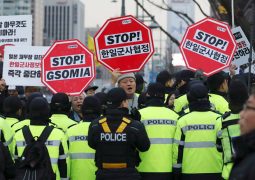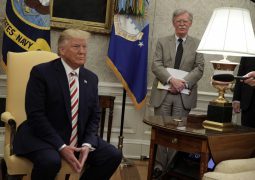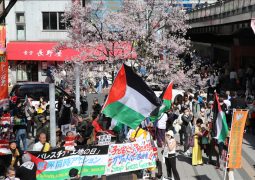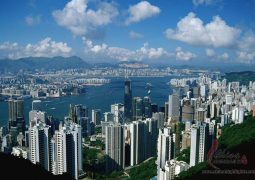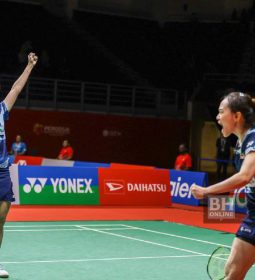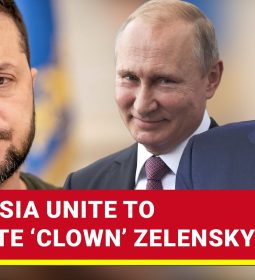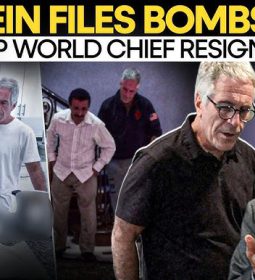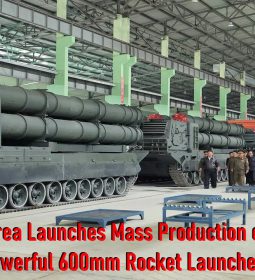Revamp security council of Malaysia

Revamp our security council
agement, for example, takes into account the protection of its sovereignty and territorial integrity, its land masses, critical waters and strategic airspace, and its energy and fishing industries. – FILE PIC
By Datuk Dr Rhanie Ahmad
THE management of security and defence of a country normally has overlapping “grey areas of jurisdiction” involving ministries, agencies, and the private sector in critical industries and infrastructure services. This is because security and defence protect a state from threats and dangers to its military, political, economic, societal and environmental sectors, and to other domains of human activities.
Malaysia’s security and defence management, for example, takes into account the protection of its sovereignty and territorial integrity, its land masses, critical waters and strategic airspace, and its energy and fishing industries.
Malaysia also has to enhance its preparedness and capabilities in mitigating threats from terrorism, piracy and human trafficking, as well as from separatist movements in neighbouring countries, and attacks on its critical domestic industries and infrastructure.
Malaysian security and defence forces are also required to respond to domestic societal challenges which threaten its core national values, including national unity, religious harmony, political stability, and economic prosperity.
Several observers, however, noted that ministries, agencies and critical private sector are working “with silo mentalities” in managing the country’s security and defence; although their macro objective is to protect national interests and survival.
“Silo mentality is a mindset that occurs in organisations; it is inward-looking and resists sharing information and resources with other people or departments within the organisation.”
Another hindrance is Malaysia’s management structure relating to security and defence, which has existed since the administration of Tunku Abdul Rahman Putra Al-Haj.
Tunku managed Malaysia’s security and defence in response to Cold War threats related to domestic, regional and international communism. Hence, he amalgamated the Federation of Malaya, with Singapore, Sabah and Sarawak into a new democratic entity called Malaysia.
When Malaysia was facing Indonesian Konfrontasi, he launched multi-pronged strategies to secure and defend the country. He mobilised our security forces to combat the Indonesian intrusion into Peninsular Malaysia, and to curb communist intrusion into Sabah and Sarawak. He finally resolved this threat through diplomatic initiatives by Japan, Thailand and the United States; and brought this security issue to the United Nations Security Council.
In other words, he mobilised the ministries of defence, home and foreign affairs, as well Malaysia’s defence partners and the UN, to end the Konfrontasi in 1966.
One puzzle concerning this threat was about Malaysia’s security management actors and structure. Tunku was its main actor, while the above-mentioned ministries and international agencies were the other actors. But it was unclear which agency had actually coordinated the execution of the strategies.
However, when Malaysia faced the May 13 racial riots in 1969, Tunku suspended Parliament, and set up a security management structure known as the National Operation Council (NOC), led by Tun Abdul Razak Hussein, the then deputy prime minister.
Hence, NOC was Malaysia’s inter-agency security and defence management structure to mitigate threats to its political, societal and economic security sectors resulting from the incident. It formulated strategies and policies to normalise Malaysia’s democracy, including the introduction of Rukun Negara, the National Unity Consultative Council, national unity programmes, and the New Economic Policy.
Following the normalisation of democracy in 1971, Tun Razak as the prime minister, disbanded NOC and set up the National Security Council or Majlis Keselamatan Negara on July 7, 1971. It aimed “to lead in the formulation of security policy and in the comprehensive, coordinated and effective management” of the country’s security.
The set-ups were temporary structures to manage “national security and defence”, and to restore “public order” after the May 13 incident.
Tun Dr Mahathir Mohamad (1981-2003), on the other hand, set up the National Economic Action Council to manage the Asian financial crisis in 1998. It enacted policies and programmes to resolve economic and political security threats.
Today, Malaysia’s security and defence management operates in the post-Cold War era with threats from state and non-state actors.
However, Malaysia still does not have an inter-agency management structure to handle these traditional and non-traditional challenges.
Malaysia’s current government, therefore, must look into this anomaly. It has to revamp MKN or set up a new structure to coordinate its security and defence management.
The writer was a member of parliament for Parit Sulong, Johor, from 1990 to 2004.
- Previous Against Islamophobia: A false image of muslim men
- Next China-Thailand-Malaysia rail link: Kelantan appeals for reinstatement of 3 cancelled ECRL stations




